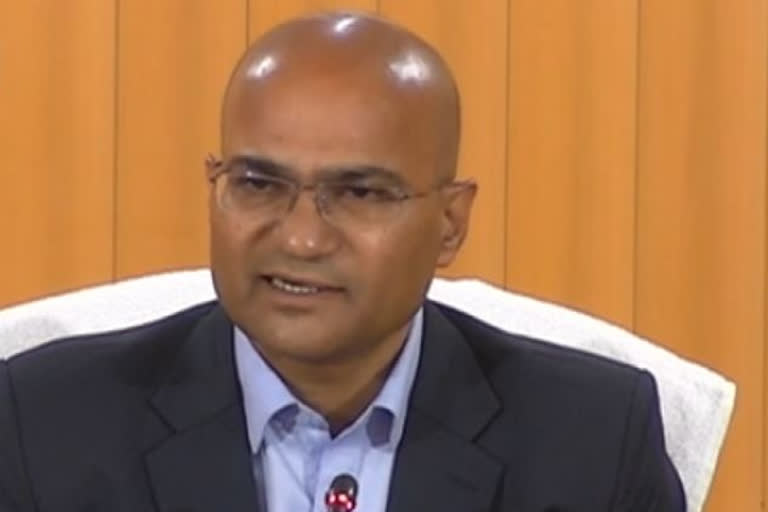Dehradun: Teams of scientists from eight different institutes have studied the reason and the after-effects of the landslides in Uttarakhand's Joshimath. The scientist have submitted their reports to the National Disaster Management Authority and the government will hold a meeting on January 27 to discuss the study, informed Ranjit Sinha, Disaster Secretary of Uttarakhand said on Wednesday.
Speaking to reporters, Sinha said that so far cracks have been reported in 863 buildings, out of which 505 buildings have recorded serious cracks. Apart from this, the quantity of water leaking in the JP Colony of Joshimath still remained at 188 LPM. So far, 957 members of 286 families have been displaced, while Rs 3.70 crore has been given to 360 families as a relief.
Also read: Joshimath crisis triggers fears about predictions of Badrinath disaster
Sinha also said that experts from eight different institutions were working to find out the real cause of landslides and water leakage in Joshimath, and they were studying the latest situation in Joshimath thoroughly. All the institutions have prepared their reports and submitted them to the National Disaster Management Authority, and a big meeting is to be held at the government level on January 27 in Uttarakhand. In particular, this meeting is being organized by the government-level committee constituted for the Joshimath disaster.
He said that in the meeting, some crucial decisions can be taken regarding the relief package that will be sought from the Center. Subsequently, while giving information about the frequent landslides in Bahuguna Nagar of Karnprayag, Sinha said that on receiving complaints, IIT Roorkee has been directed conduct an investigation investigate Karnprayag Bahuguna Nagar. IIT Roorkee has completed its investigation and will submit its preliminary inquiry in the next 4 to 5 days and after the reports are prepared, DPR will complete its job in the next 10 days.



